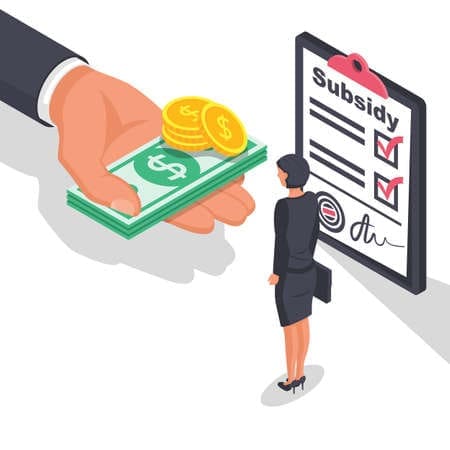The Gujarat government is set to introduce a new textile policy aimed at bolstering the textile industry in the state. According to top sources familiar with the matter, the draft policy includes several provisions to incentivize textile units.
Under the proposed policy, textile units will be eligible for a 30% capital subsidy on their gross financial capital investment (GFCI). The government will disburse this subsidy at a maximum rate of 6% per annum. Additionally, textile units will receive a 7% interest subsidy for 10 years from the first disbursement of term loans.
To further extend support, the policy offers power tariff subsidies of Rs 2 per unit for seven years. Furthermore, textile units will gain assistance for energy conservation, water conservation, environment conservation, technological upgrades, and the adoption of green practices.
The primary draft of the policy has been completed, and final consultations are scheduled to take place in the coming days. It is anticipated that the formal announcement of the policy will occur in 2024, ahead of the Vibrant Gujarat Global Summit in January. Once implemented, the policy will be operational for five years.
According to the draft, the state government conducted an extensive analysis of the textile value chain and identified areas requiring attention. To bridge the gaps, the government decided to develop a new policy aimed at strengthening the value chain and supporting the textile industry in Gujarat.
In addition to the subsidies mentioned above and assistance, the draft policy proposes a special assistance package for textile parks. Such parks will receive financial aid equivalent to 25% of their capital expenditure for establishing common facilities and infrastructure, excluding land costs. Moreover, the developers of these parks will be eligible for a complete reimbursement of stamp duty paid on the purchase of required land.
The draft policy includes a comprehensive list of eligible units that can avail of the benefits provided. These encompass activities within the textile value chain such as ginning & pressing, spinning, weaving, dyeing & processing, knitting, machine carpeting, machine embroidery, made-ups (excluding garments), technical textiles, and various other associated processes and activities.
This new textile policy aims to stimulate growth and development in the textile industry, creating a favorable environment for manufacturers in Gujarat. With the potential to attract investment and enhance sustainability, the implementation of this policy is eagerly anticipated by all stakeholders involved.

